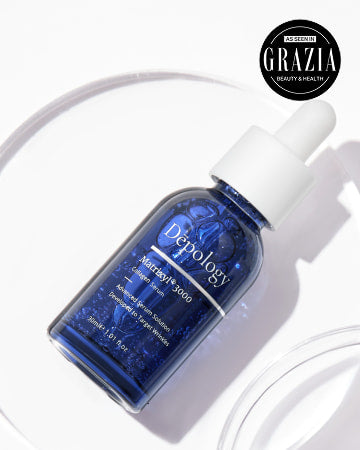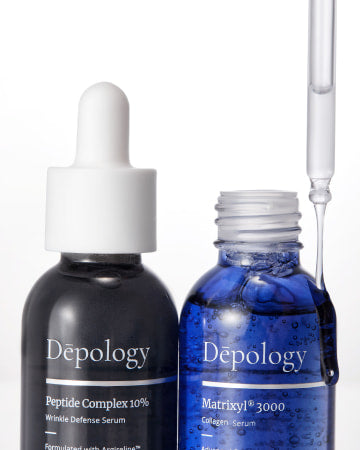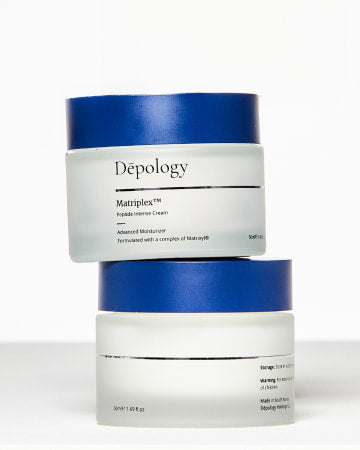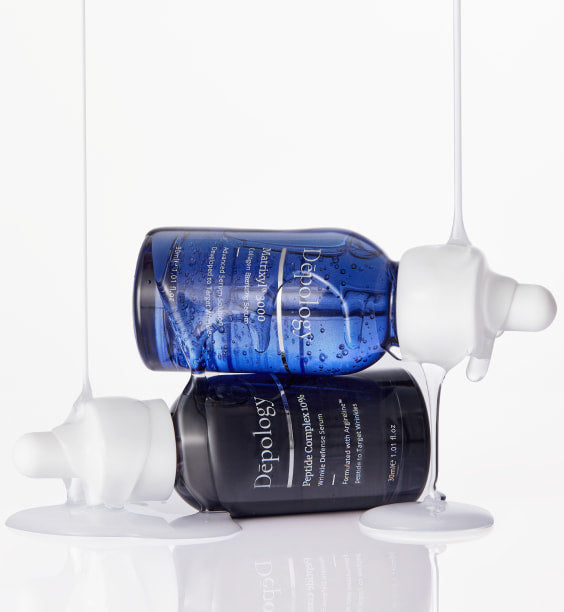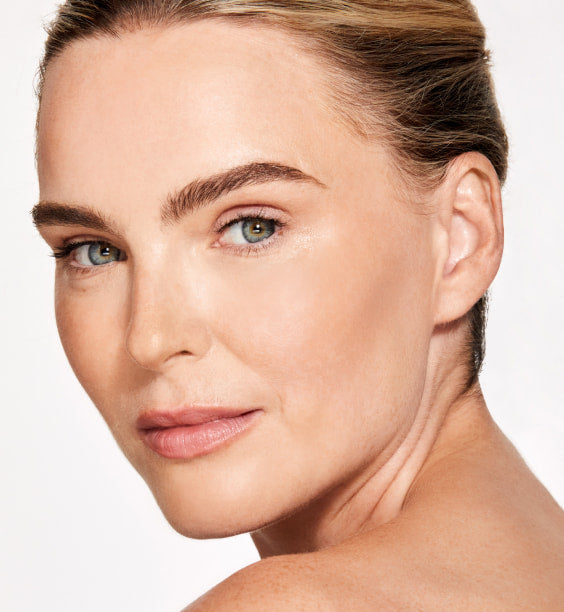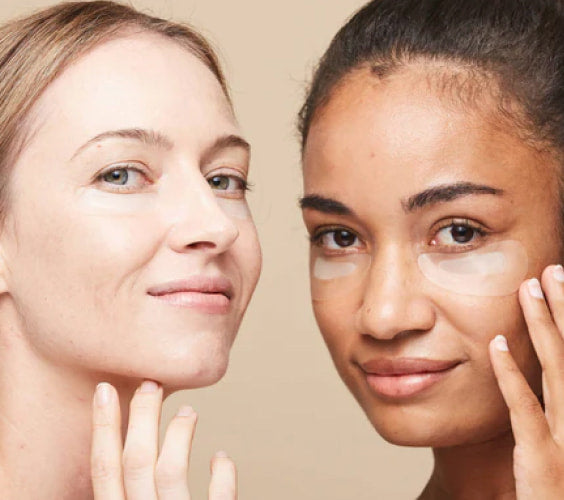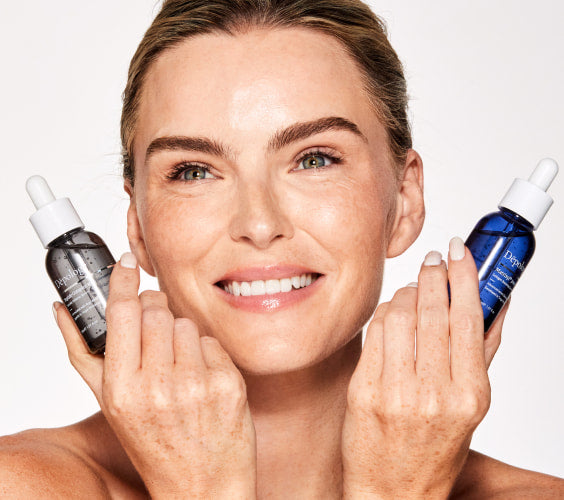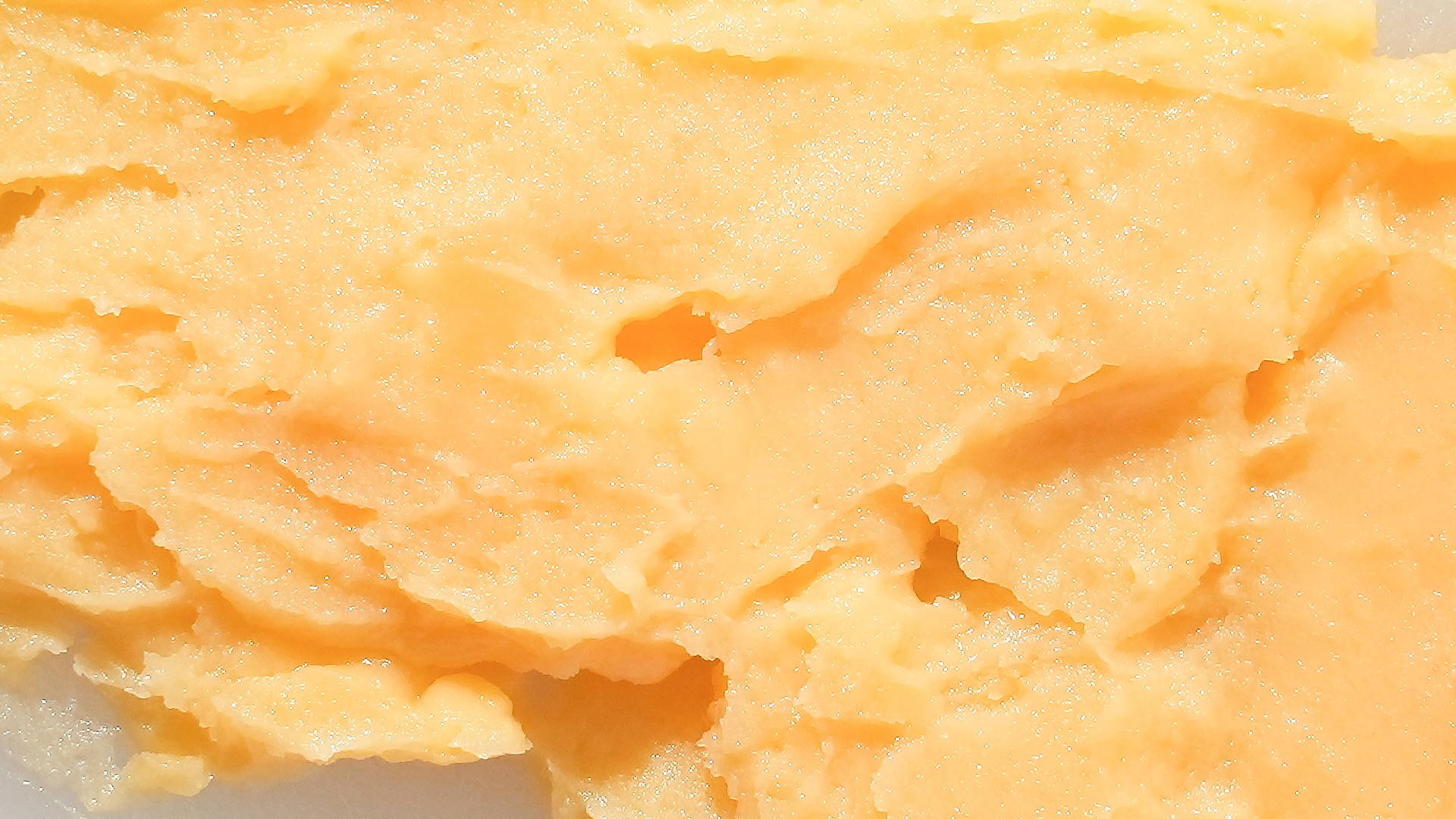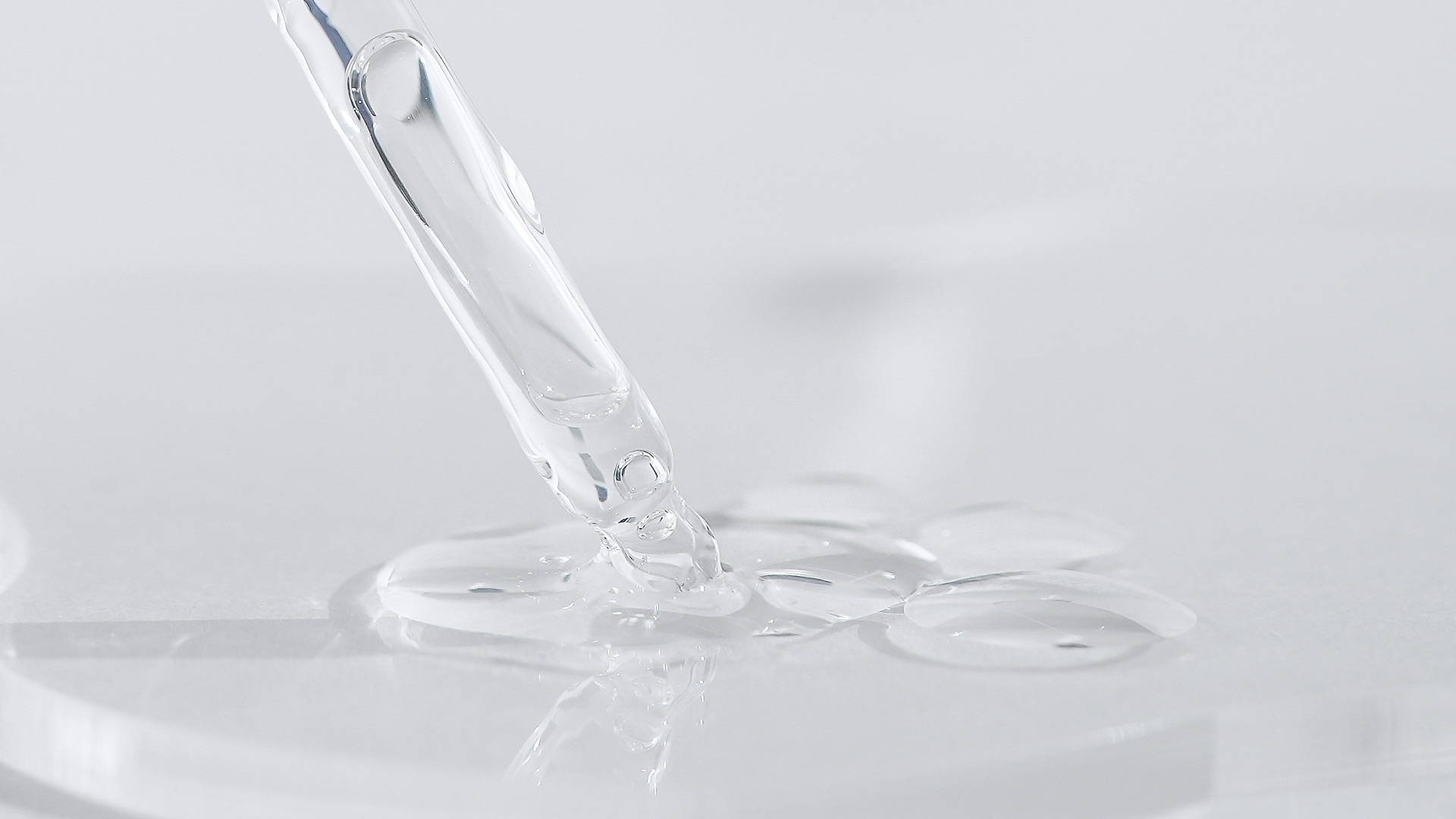
How To Improve Your Skin's Microbiome
The skin is our largest organ, and as such, it is critical to maintain its health and ensure its microbiome is in balance. Our skin plays an important role in our overall well-being, and it is essential to care for it properly by keeping its microbiome healthy. A healthy skin microbiome supports both barrier function and skin hydration— two key factors of healthy skin! We'll dive into the complex world of microbiomes so you can have the knowledge and tools needed to cultivate the perfect balance of bacteria for your skin type. So, let's begin our journey into understanding the delicate and intricate science of the skin microbiome.
What Is A Skin Microbiome?
The skin microbiome is a complex mix of bacteria, fungi, and other microscopic organisms that live on the surface of your skin. It consists of over 1,000 different species of bacteria and other microbes. Microorganisms can be found anywhere from the surface of your skin to deep within the pores. This might sound like something out of a nightmare, but these microorganisms are essential for healthy skin.
There are two main types of microorganisms found in your microbiome. There are resident microbes, which are typically present in the skin, and transient microbes, which are temporary and usually only stick around for a few hours or days. Interestingly, this delicate balance of bacteria can be disrupted easily by anything from sun exposure and stress to washing too often or having hormonal imbalances. Your environment, age, and gender significantly impact which microbes make up your skin's microbiome. That's why it's so important to understand how your skin microbiome behaves and how to look after it.
What Does The Microbiome Do?
A healthy microbiome is essential for maintaining healthy skin. It does this in multiple ways:
- Protects Against Infection: The skin microbiome does an incredible job of protecting your skin from harmful bacteria and other microbes. It acts as a natural defense system against infection.
- Protects Against Environment: The microbiome provides protection against harmful UV rays and pollutants that can damage the skin and speed up aging.
- Maintains pH Balance: The microbiome plays a vital role in helping to regulate your skin's pH balance.
- Improves Skin Health: This beneficial ecosystem also produces important compounds such as Vitamin B and lactic acid, which are beneficial for skin health. These compounds are believed to help to reduce inflammation, protect against free radicals, and even help to keep your skin hydrated.
How To Restore And Maintain Your Skin's Microbiome
It's important to understand that this delicate ecosystem must be carefully and consistently maintained in order to ensure your skin is getting the best possible protection and health benefits. There a few different ways you can take care of your microbiome.
Don't Over-Exfoliate
When it comes to maintaining healthy skin, exfoliation is an important step in your skincare routine. However, it is important not to over-exfoliate, as this can strip away beneficial bacteria. Exfoliation should be done once or twice a week, depending on your skin type, and should be done using gentle products with natural ingredients. Exfoliating too often can disrupt the skin's microbiome and leave it vulnerable to infection. Stick to a gentle exfoliating routine and avoid using harsh exfoliants to help keep the microbiome balanced and healthy.
Avoid Harsh Ingredients
Harsh chemicals and fragrances found in some skincare products can also strip away beneficial bacteria and leave the skin vulnerable to infection. When choosing products, look for options that are free of dyes, preservatives, and fragrances and made with natural ingredients. Natural and organic ingredients are gentler on the skin and won't disrupt the delicate balance of the skin microbiome.
Try Probiotics To Restore Healthy Bacteria
Probiotics are "good" bacteria that can help to promote a healthy balance of bacteria in the skin microbiome and help protect against inflammation and infection. Probiotics can be found in fermented foods such as yogurt and kimchi, as well as in dietary supplements. They can also be found in certain skincare products to help restore the healthy balance of bacteria on the skin. Looking for probiotic-rich skincare products is a great way to ensure your skin is getting all the beneficial bacteria it needs.
Maintain A Balanced Diet
A balanced and healthy diet is one of the most important steps in keeping your skin microbiome healthy and balanced. Eating a diet rich in fresh vegetables, fruits, healthy fats, and proteins is essential to promoting and maintaining a healthy skin microbiome. Specific vitamins and minerals such as zinc, biotin, Vitamin B, and Vitamin C also keep skin healthy and hydrated. Eating a balanced and healthy diet is one of the best things you can do to ensure the health of your skin's microbiome.
Lifestyle Factors
There are a few lifestyle changes you can make that can help protect and restore healthy bacteria in the skin, such as reducing stress and toxins. Stress can upset your skin's balance, so it's important to take active steps to manage stress and create a healthy, balanced lifestyle. Alcohol and smoking can disrupt your skin's balance and lead to irritation, redness, and acne. By avoiding or minimizing these activities, you can help to keep your skin's microbiome in check.
The Final Verdict
When it comes to taking care of the skin, it's important to remember that the microbiome plays a critical role in keeping the skin healthy and maintaining a youthful look. Thankfully, there are many steps we can take to ensure that our skin microbiome is healthy and balanced. From eating a balanced diet to using natural and gentle skincare products to introducing probiotics into our diet, we can all protect and maintain our skin's microbiome.


